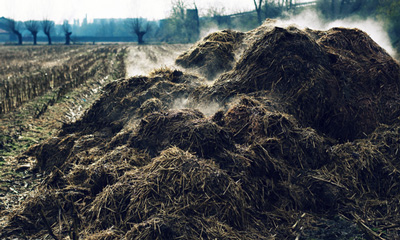Antimicrobial resistance in soil and the food chain
- Like
- Digg
- Del
- Tumblr
- VKontakte
- Buffer
- Love This
- Odnoklassniki
- Meneame
- Blogger
- Amazon
- Yahoo Mail
- Gmail
- AOL
- Newsvine
- HackerNews
- Evernote
- MySpace
- Mail.ru
- Viadeo
- Line
- Comments
- Yummly
- SMS
- Viber
- Telegram
- Subscribe
- Skype
- Facebook Messenger
- Kakao
- LiveJournal
- Yammer
- Edgar
- Fintel
- Mix
- Instapaper
- Copy Link
Posted: 23 May 2016 | Victoria White, Digital Content Producer | No comments yet
Researchers are to investigate if large amounts of antibiotic resistant bacteria are present in agricultural soil which may spread into the food chain…


Researchers from the University of Southampton are to investigate if large amounts of antibiotic resistant bacteria are present in agricultural soil which may spread into the food chain.


Antimicrobial resistance is one of the major issues facing society: by 2050, if not tackled, it will kill more people than cancer, and cost, globally, more than the size of the current global economy.
The aim of the research is to understand how antimicrobial resistance is introduced into natural soil bacteria, for example from manures applied by farmers or exposure to domesticated or wild animal and bird faecal droppings, and how this transfer takes place in different soil types.
Monitoring antimicrobial resistance transfer
Professor Bill Keevil and Dr Marc Dumont from the University’s Network on Antimicrobial Resistance and Infection Prevention (NAMRIP) are leading the study. Professor Keevil said: “The project addresses if antibiotic resistant bacteria introduced by agricultural practice (animal husbandry, human wastewater disposal, improperly composted manures) or domesticated and wild animal faecal droppings contribute antibiotic resistance genes to the soil microbiome communities or gain resistance genes from the soil antibiotic resistance gene pool (the ‘resistome’), becoming more difficult to treat if they are spread in the food chain causing disease.”
The work, which has received £198,000 funding from the Natural Environment Research Council (NERC), will take clay, loam and sandy soils obtained from different parts of the country for analysis of their natural antibiotic resistant species before adding important antibiotic resistant or sensitive bacteria to monitor antibiotic resistance transfer.




